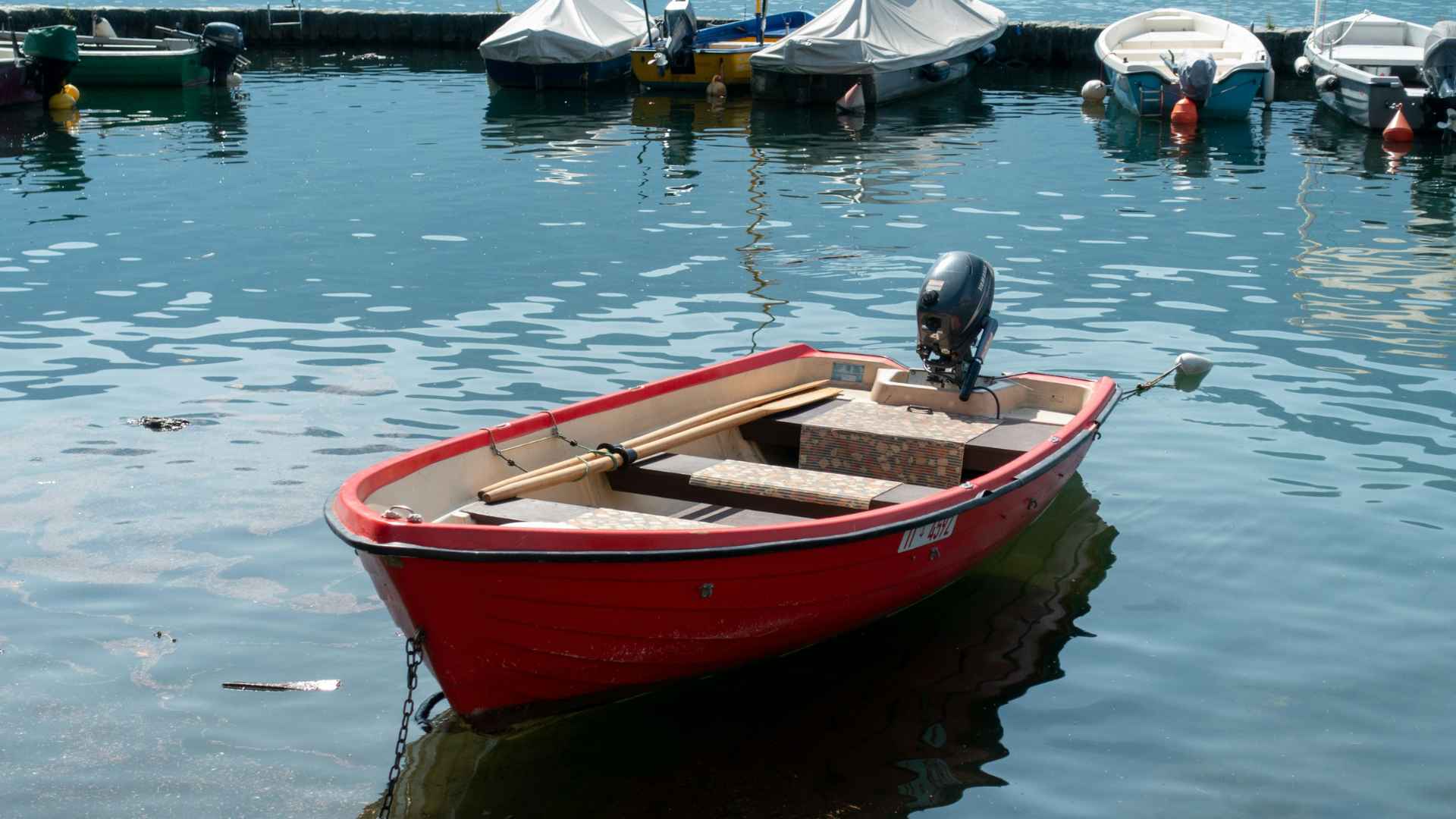Tioman Island father Jamaludin Musa rises before dawn each day to ferry his two young children across the South China Sea, proving that distance—and rough weather—can’t sink a parent’s resolve.
Jamaludin Musa has repeated the same ritual for seven straight years: wake up at 6:30 a.m., help Armin (11) and Aida Izabella (8) onto a motorbike, steer them to the pier in Kampung Salang, fire up a small launch, and navigate choppy water to reach Sekolah Kebangsaan Tekek on mainland Tioman. By sunset, he traces the route in reverse.
Daily boat rides show how geography shapes a family’s pursuit of learning opportunities
Pulau Tioman’s rugged terrain offers postcard scenery but few schools. If the Musa family traveled by land, the trek would snake through dense jungle for nearly four hours—a non‑starter on a school morning. “The boat takes only 10 to 15 minutes, even when the sea misbehaves,” Jamaludin says. So why risk rough weather every day? Because, he adds, missing class isn’t an option.
Island life often demands creative solutions, yet Jamaludin’s consistency stands out. A viral clip of his dawn voyage has already clocked 1.3 million views, inspiring a wave of online support. Ever wondered how many parents would match that commitment?
Three separate modes of transport turn a ten‑minute trip into a day‑long mission
Before and after each school bell, the family hops between motorbike, boat, and motorbike again—a logistical tango repeated twice daily. Here’s a snapshot of the journey:
| Segment | Vehicle | One‑way distance | Time (approx.) |
|---|---|---|---|
| Home → Salang pier | Motorbike | 1 mi | 5 min |
| Salang → Tekek jetty | Small boat | 4 mi (sea) | 10‑15 min |
| Jetty → school gate | Motorbike | 0.5 mi | 5 min |
That tight schedule leaves Jamaludin just enough time to return home, manage household chores, then head back for pickup. “We use three different transports every day,” he explains—no small feat when engines fail or tropical squalls roll in.
Community cheers as viral video reveals the hidden price of rural island schooling
The children aren’t merely attending; they’re thriving—especially in sports, a testament to stamina earned on the waves. Local officials have praised the family’s grit, while social‑media users ask how they can help. Consequently, several viewers have offered to sponsor fuel and engine repairs, easing the financial tide that comes with daily seafaring.
Still, Jamaludin’s focus remains simple: keep the kids learning. “Education opens doors,” he says, “and this boat is the key.”
What’s next for island parents facing similar hurdles? Community boat‑share programs and upgraded dock facilities could lighten the load. For now, the Musa family’s story serves as a vivid reminder that determination—and a sturdy outboard—can bridge even the widest classroom gap.

